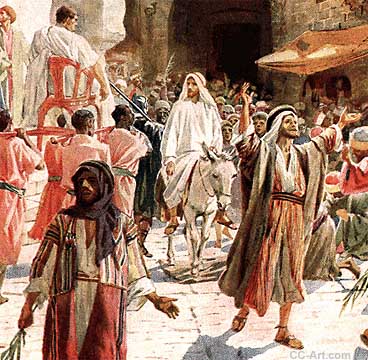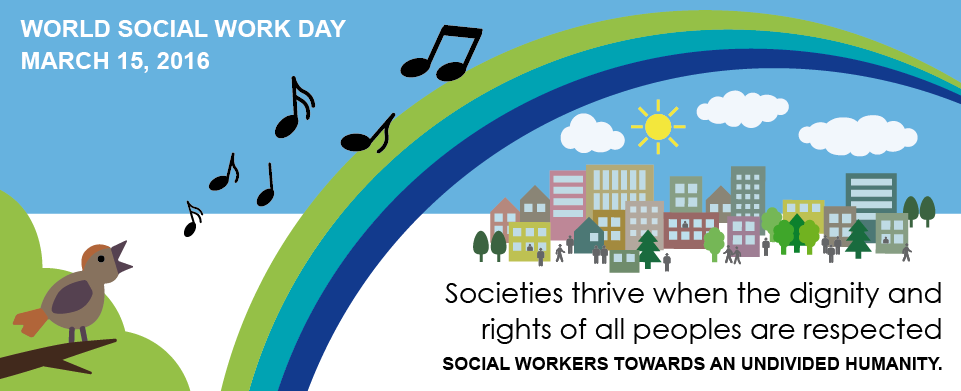The past… OUR past…
We can live in the past, with nostalgia…
We can cling to the past traditions and customs…
We can try to bury the past in forgetfulness…
We can try not to face the past because of it being too shameful or painful…
The 1st and the 2nd readings of this 5th Sunday of Lent (year C) speak about the past.
Through his prophet, Isaiah (Is.43:16-21), God tells us: “No need to recall the past, no need to think about what was done before. See I am doing a new deed.”
 And Paul, writing to the Philippians (Ph.3:8-14), says about himself: “I forget the past and I strain ahead for what is yet to come.”
And Paul, writing to the Philippians (Ph.3:8-14), says about himself: “I forget the past and I strain ahead for what is yet to come.”
Why should we not cling to the past, or try avoiding it, or take refuge in it? Simply because God wants something new for us. And not only does he want it, but he makes it for us.
The gospel shows him doing exactly that (Jn.8:1-11). There, we meet a woman dragged before Jesus because of a past deed – shameful, sinful, yes. The Pharisees have brought her to the Master and their eyes accuse her as much as their words.
Jesus, for his part, does not even look at her. Not to shame her, he looks down to the ground and… writes in the sand! Then, it is to her accusers that he speaks. Soon, they have disappeared because they know well that from being the accusers they have become, silently, the accused…
Addressing the woman, Jesus does not say that what she did was not wrong but he helps her to go beyond the bad action. He helps her to forget the past and to look to the future. “Woman, has no one condemned you? Neither do I condemn you; go away and don’t sin any more.”Jesus forgets and forgives her past. This is how God is. God looks at our past to forgive it, if only we are sorry for what we have done. And he directs our eyes and our hearts to the future, to what he is preparing for us.
Today’s Psalm (Ps.126:1-2,3-6) says it beautifully: “When the Lord delivered (us), it seemed like a dream.”
Source: Images: youtube; freebibleimages.org
 On this Good Friday, a short reflection only as I believe human words should take away from the impact of God’s word.
On this Good Friday, a short reflection only as I believe human words should take away from the impact of God’s word.


 Some of them may have remembered… or perhaps they had not, overcome as they were by the solemn and sad atmosphere they could feel at that moment in the Upper Room.
Some of them may have remembered… or perhaps they had not, overcome as they were by the solemn and sad atmosphere they could feel at that moment in the Upper Room.






 And Paul, writing to the Philippians (Ph.3:8-14), says about himself: “I forget the past and I strain ahead for what is yet to come.”
And Paul, writing to the Philippians (Ph.3:8-14), says about himself: “I forget the past and I strain ahead for what is yet to come.”
 The 2016 theme for International Women’s Day is “Planet 50-50 by 2030: Step It Up for Gender Equality”. The United Nations observance on 8 March will reflect on how to accelerate the 2030 Agenda, building momentum for the effective implementation of the new Sustainable Development Goals. It will equally focus on new commitments under UN Women’s Step It Up initiative, and other existing commitments on gender equality, women’s empowerment and women’s human rights.
The 2016 theme for International Women’s Day is “Planet 50-50 by 2030: Step It Up for Gender Equality”. The United Nations observance on 8 March will reflect on how to accelerate the 2030 Agenda, building momentum for the effective implementation of the new Sustainable Development Goals. It will equally focus on new commitments under UN Women’s Step It Up initiative, and other existing commitments on gender equality, women’s empowerment and women’s human rights.